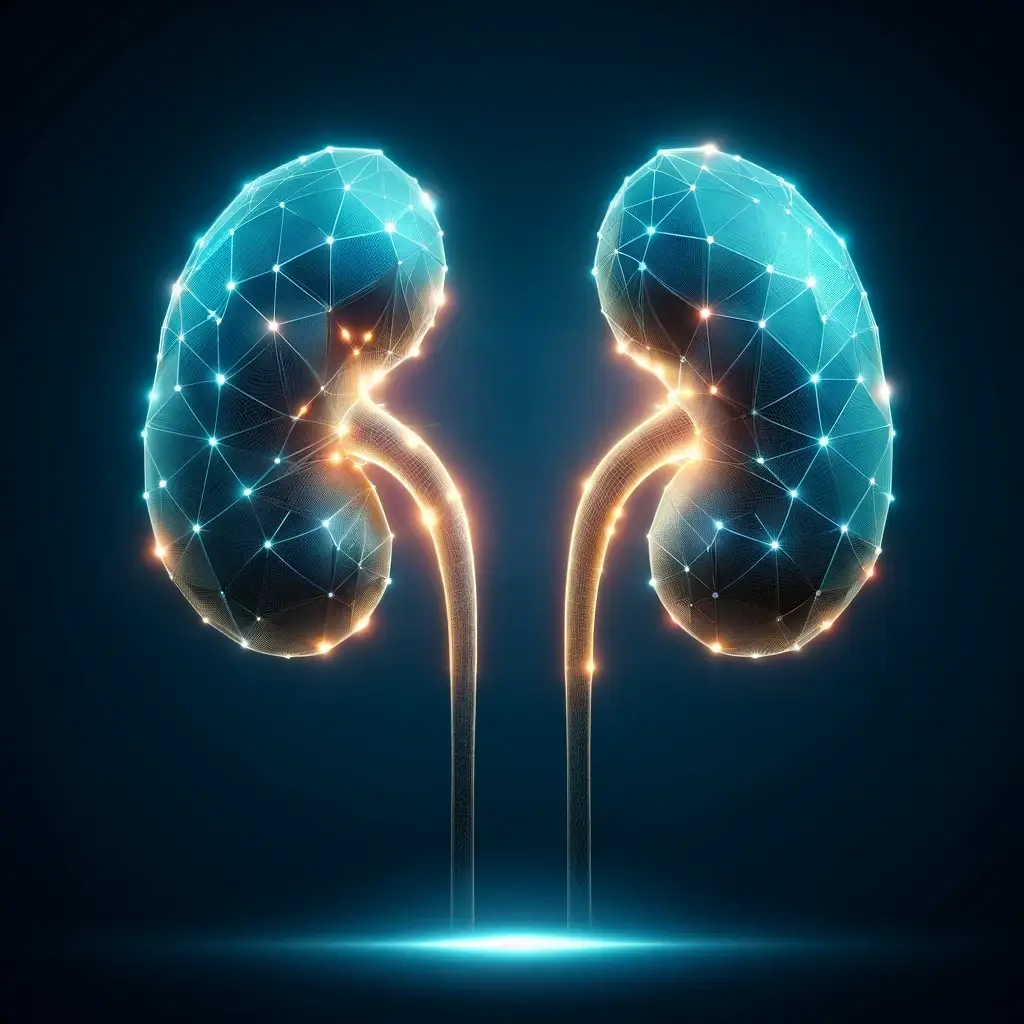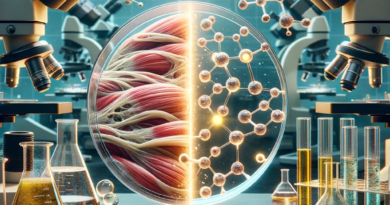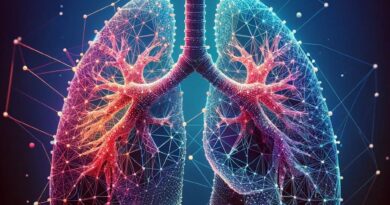New Breakthrough: Enzymes Create Universal Donor Kidneys

A study published in Nature Communications introduces a method that could transform the field of kidney transplantation. Researchers from the University of Cambridge, in collaboration with Avivo Biomedical Inc. and the University of British Columbia in Canada, have developed a technique to convert kidneys from blood group A to the universal donor group O. This innovation holds the potential to significantly increase the availability of compatible kidneys for transplant patients worldwide.
Transforming Blood Types with Enzymes
The team employed two enzymes derived from a specific type of bacteria to modify the blood group antigens present on the endothelial cells lining the blood vessels of kidneys. These enzymes effectively remove the antigens associated with blood group A, converting the organ to blood group O without harming its function. The process involves hypothermic machine perfusion (HMP), a technique where the organ is preserved at cold temperatures while being supplied with a nutrient-rich solution.
Advantages of Hypothermic Machine Perfusion
Traditionally, organ modification studies have utilized methods that keep organs at body temperature to mimic physiological conditions. However, this study is pioneering in its use of both cold (hypothermic) and warm perfusion techniques. HMP is already widely used in clinical settings to maintain organ viability before transplantation. By integrating the enzyme treatment with HMP, the researchers have devised a practical approach that can be readily implemented in existing medical protocols.
Impact on Transplantation and Patient Outcomes
This method offers several significant benefits:
- Increased Organ Availability: By converting kidneys to the universal donor blood type, the pool of compatible organs expands, potentially reducing waiting times for patients in need.
- Reduced Risk of Rejection: The removal of blood group antigens minimizes the likelihood of the recipient’s immune system attacking the transplanted organ, enhancing graft survival rates.
- Maintained Organ Functionality: The enzymatic treatment does not impair the kidney’s health or performance, ensuring that patients receive a functioning organ capable of supporting their health immediately post-transplantation.
Considerations for Widespread Implementation
While the findings are promising, several critical factors require careful evaluation:
- Efficiency Across Diverse Conditions: The effectiveness of the enzymatic conversion must be tested on kidneys affected by various conditions to ensure broad applicability.
- Long-Term Health Impacts: Extended follow-up studies are necessary to understand the potential long-term effects on transplant recipients’ health.
- Immunological Responses: Further research is needed to assess how the immune system responds over time to organs with enzymatically altered antigens.
- Practical and Ethical Challenges: Addressing logistical aspects, cost considerations for healthcare systems, and navigating ethical and regulatory hurdles are essential steps toward integrating this method into clinical practice.
A Promising Future for Organ Transplantation
This innovative approach aligns with the overarching goal of making transplantation safer, more efficient, and accessible. By effectively removing the barrier of blood type compatibility, the method has the potential to save numerous lives and improve the quality of life for patients with end-stage renal disease. The collaborative effort exemplifies how combining biochemical engineering with medical expertise can lead to transformative solutions in healthcare.
References
Keywords
- Kidney Transplantation, Blood Type Conversion, Hypothermic Machine Perfusion (HMP), Enzymatic Treatment, Universal Donor Organs, Organ Transplant Compatibility, Immunological Response, End-Stage Renal Disease, Medical Innovation, Transplantation Ethics
Disclaimer: The information presented in this article is intended for informational purposes and reflects current research findings. It should not be considered medical advice. For personal health concerns or decisions, please consult a qualified healthcare professional. The study mentioned requires further research and regulatory approval before widespread clinical application.



